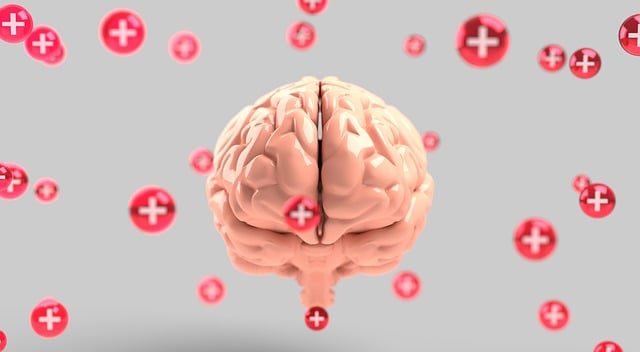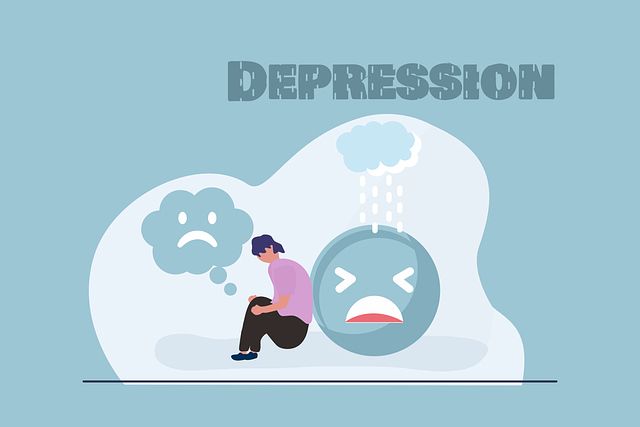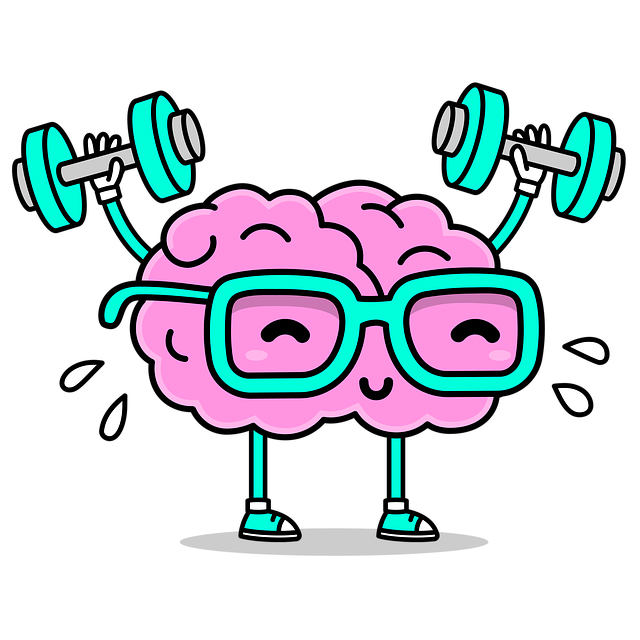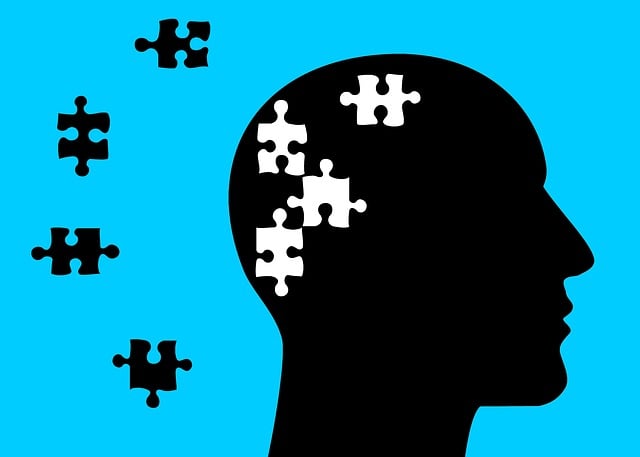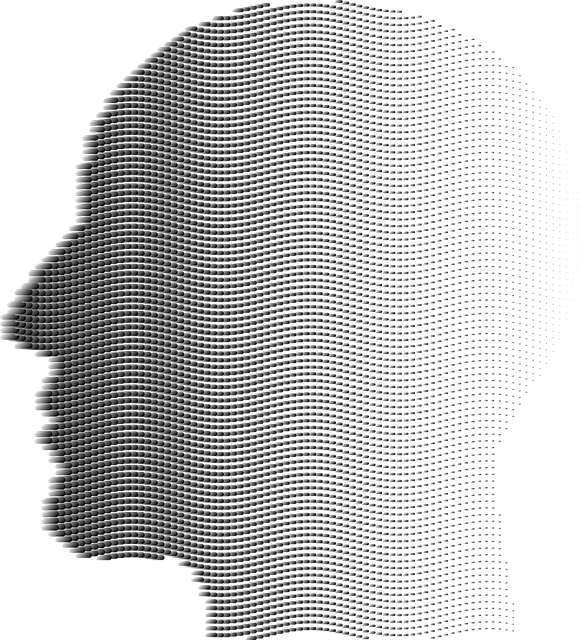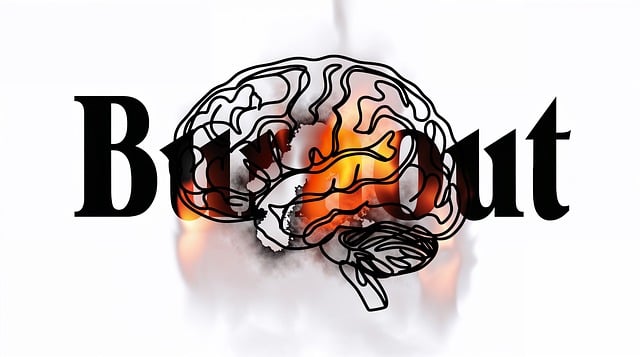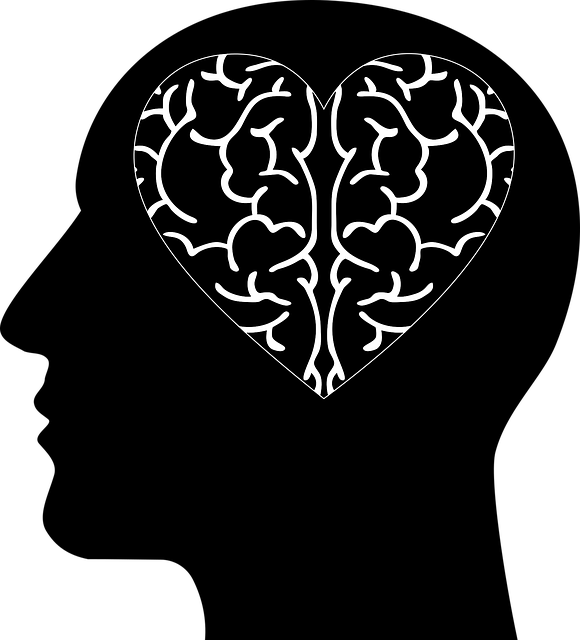Mental Wellness Coaching, an alternative to traditional therapy, focuses on self-discovery and personal growth through evidence-based strategies. Unlike structured plans, it fosters a collaborative partnership where coaches guide clients in developing coping skills and navigating mental health challenges. This approach contributes to self-awareness, resilience, and holistic well-being. Wheat Ridge Therapy for Therapists-Clinicians offers a distinctive clinical practice emphasizing resilience-building and secure, supportive settings through empathy-driven strategies. This comprehensive method includes group work, fostering social connections crucial for holistic well-being. By integrating crisis intervention, emotional intelligence, and self-awareness, it develops robust coaching programs promoting lasting mental wellness.
Mental wellness coaching is a modern approach to therapy, empowering individuals to navigate life’s challenges with resilience. This article explores the development of comprehensive programs through the lens of Wheat Ridge Therapy, offering valuable insights for therapists-clinicians. We delve into understanding mental wellness coaching, its role in clinical practice, and practical strategies for designing effective interventions. By harnessing the power of Wheat Ridge Therapy techniques, professionals can enhance their capabilities to support clients on their journeys towards improved mental well-being.
- Understanding Mental Wellness Coaching: A Modern Approach to Therapy
- The Role of Wheat Ridge Therapy in Clinical Practice
- Designing Effective Programs: Strategies for Therapists-Clinicians
Understanding Mental Wellness Coaching: A Modern Approach to Therapy

In today’s fast-paced world, Mental Wellness Coaching has emerged as a modern approach to therapy, offering support beyond traditional talk therapy sessions. This innovative practice focuses on empowering individuals to develop coping skills and enhance their overall well-being. Unlike Wheat Ridge Therapy for Therapists-Clinicians, which often involves structured treatment plans, coaching encourages a collaborative partnership where the coach guides clients towards self-discovery and personal growth. By combining evidence-based strategies with practical tools, coaches help individuals navigate stress, anxiety, and other mental health challenges.
The benefits of this approach extend beyond the therapeutic setting, as it equips clients with long-lasting coping mechanisms for daily life. Stress Management Workshops Organization often incorporates mental wellness coaching into their programs to promote holistic well-being. Moreover, by fostering self-awareness and resilience, these coaching sessions contribute to meaningful personal development. In light of the growing importance of mental health policy analysis and advocacy, Mental Wellness Coaching plays a vital role in supporting individuals between professional therapy sessions and promoting overall community mental health.
The Role of Wheat Ridge Therapy in Clinical Practice

Wheat Ridge Therapy offers a unique and valuable approach to clinical practice, empowering therapists and clinicians with effective tools for supporting mental wellness. This therapeutic method focuses on fostering resilience, which is crucial in helping individuals navigate life’s challenges and prevent the onset of depression. By integrating empathy-building strategies, therapists can create a safe and supportive environment, allowing clients to explore their thoughts and emotions freely.
The benefits extend beyond individual therapy sessions; it enables practitioners to facilitate group work, enhancing social connections and building a sense of community, which is vital for overall well-being. This holistic approach not only addresses the mind but also encourages personal growth and coping mechanisms, ensuring individuals develop long-lasting resilience to overcome life’s hurdles.
Designing Effective Programs: Strategies for Therapists-Clinicians

In designing effective mental wellness coaching programs for Therapists-Clinicians, a multifaceted approach is key. Integrating crisis intervention guidance into sessions equips practitioners to navigate and de-escalate intense emotional states, fostering a safe space for clients. Empathy building strategies are pivotal; truly listening and understanding clients’ experiences can significantly enhance the therapeutic bond.
Emotional intelligence plays a crucial role in tailoring interventions to individual needs. Therapists-Clinicians should prioritize self-awareness and regulation to effectively guide clients through their own emotional journeys. This involves recognizing and managing one’s emotions, thereby providing powerful models for clients to emulate. By combining these strategies, Wheat Ridge Therapy for Therapists-Clinicians offers a comprehensive framework for developing robust coaching programs that promote lasting mental wellness.
Mental wellness coaching is a promising modern approach to therapy, and as discussed, Wheat Ridge Therapy plays a pivotal role in clinical practice. By integrating evidence-based strategies, therapists-clinicians can design effective programs that cater to the unique needs of their clients. With a focus on empowerment and self-discovery, these programs can significantly enhance mental wellness outcomes. Embracing innovative techniques like those offered by Wheat Ridge Therapy empowers professionals to deliver transformative experiences, ultimately fostering happier and healthier individuals.
